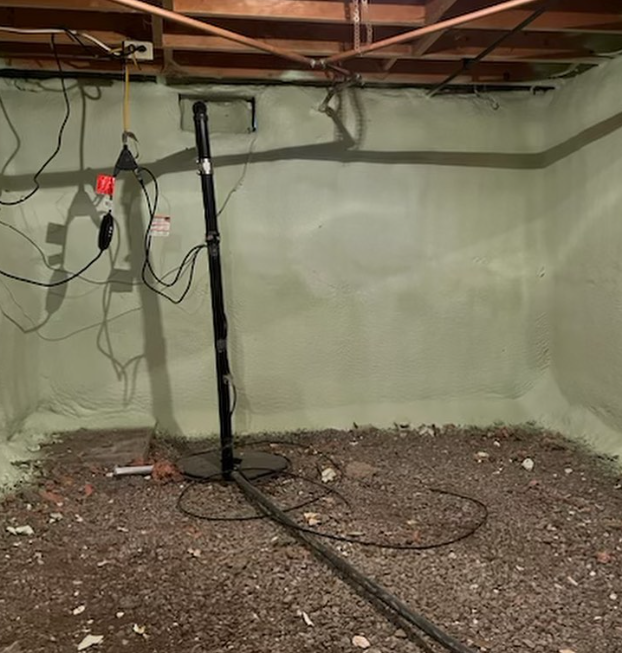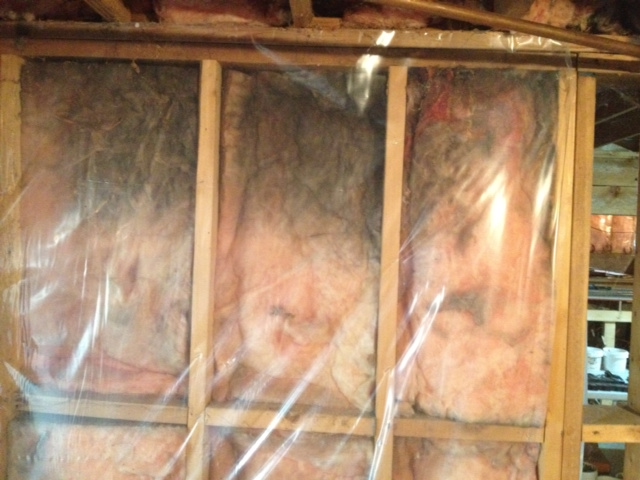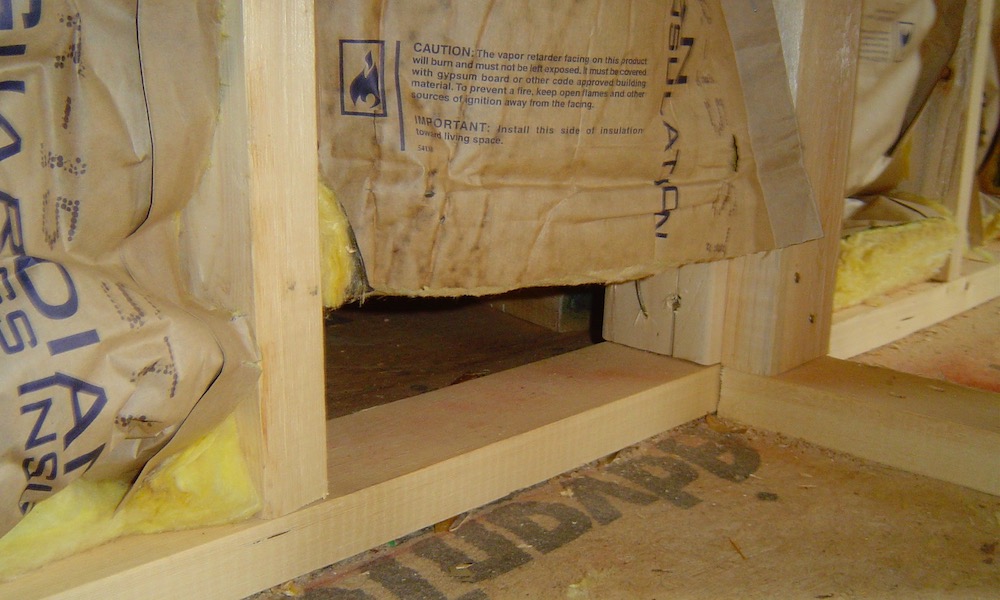Spray Foam Basements
Spray foam insulation is an excellent choice for insulating a basement due to its unique properties and benefits. Here are some reasons why spray foam insulation is the best type of insulation for a basement:
Air Sealing: Spray foam insulation creates an airtight barrier, preventing air infiltration and loss. This is especially important in a basement, as cold air can seep in through gaps or cracks in the foundation, leading to a drafty and uncomfortable living space. By sealing off these gaps and cracks, spray foam insulation helps to maintain a consistent temperature in the basement and the rest of the house.
Moisture Barrier: Basements are often damp, and moisture can seep through the foundation walls and floors, leading to mold and mildew growth. Spray foam insulation is impermeable to moisture, and when installed correctly, can act as a moisture barrier, preventing water vapor from entering the basement.
Energy Efficiency: By creating an airtight seal and acting as a moisture barrier, spray foam insulation helps to reduce energy costs and improve energy efficiency. It reduces the amount of energy needed to heat or cool the basement and the rest of the house, as well as the workload on HVAC systems.
Longevity: Spray foam insulation is incredibly durable and can last for a lifetime without the need for replacement or maintenance. This is especially important in a basement, where insulation may be subject to moisture, humidity, and other factors that can degrade other types of insulation.
Versatility: Spray foam insulation is relatively easy to install, and it can be applied to a variety of surfaces, including walls, ceilings, and floors, without the need of any additional framing. This makes it an ideal option for homeowners who want to improve the energy efficiency of their basement without undertaking a major renovation.
In conclusion, spray foam insulation is the best type of insulation for a basement due to its air sealing, moisture barrier, energy efficiency, longevity, and easy installation properties. By choosing spray foam insulation, homeowners can improve the comfort, energy efficiency, and overall value of their homes.

Batt Insulation in a Basement
Batt insulation, made of fiberglass or mineral wool, is not the ideal choice for basement insulation due to its lack of resistance to moisture, inadequate air sealing, difficult installation process, risk of displacement, and vulnerability to pest infestations.
Basements are susceptible to high levels of humidity and water exposure. Batt insulation is not designed to withstand these conditions, which can result in reduced insulation performance, mold, and mildew growth. Additionally, batt insulation cannot provide an airtight seal, allowing for air infiltration and loss that can lead to drafts, temperature fluctuations, and reduced energy efficiency.
Installation of batt insulation can be difficult, especially in basements with uneven surfaces, obstacles, or tight spaces. Cutting the insulation to size and fitting it into the cavities can be time-consuming and challenging. Additionally, since batt insulation is held in place by friction, it can shift or sag over time, leaving gaps and reducing its effectiveness.
Furthermore, fiberglass batt insulation can attract pests such as rodents and insects, which can damage the insulation and compromise its performance.


